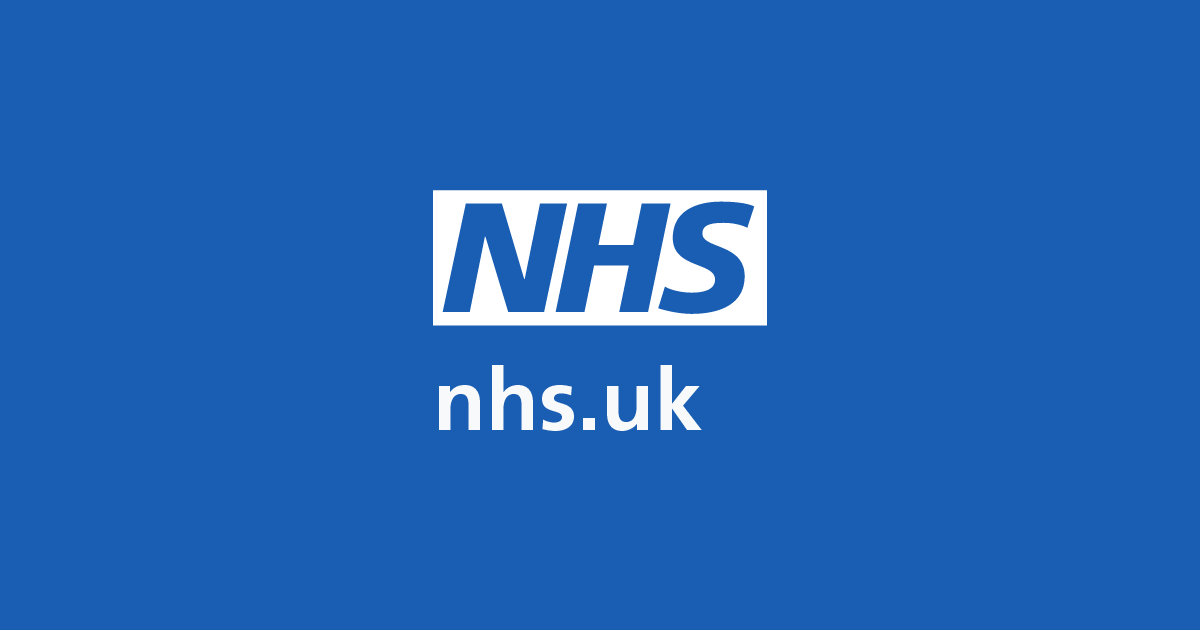Postpartum Mental health is something that people do not discuss much, but post pregnancy it is quite common for mothers to experience postnatal depression and at times women can experience it during pregnancy too.
Baby Blues are experienced in the first couple of weeks after childbirth. The symptoms are mild mood swings, unhappiness, and exhaustion. If the feelings are severe and do not go away in a couple of weeks, then it could be Postnatal Depression.
New Mum could have feelings like extreme sadness, anxiety, and constant fatigue, so much so that they won’t be able to carry out daily tasks. The stress, and physical and emotional demands, of being pregnant and taking care of a baby can lead to the development of perinatal depression. If there is a history of depression in the family, then women are more likely to develop postnatal depression.
It is essential to identify, acknowledge and address it. Speak with your partner, family or friends and then arrange to meet your nurse or GP.
See below links to read the symptoms and the next steps:
NIMH » Perinatal Depression
This brochure provides information about perinatal depression including how it differs from the “baby blues”, causes, signs and symptoms, treatment options, and how you or a loved one can get help.

Postpartum Mental Health Signs and symptoms
Postnatal depression is the term used for depression that some women experience in the first year after having a baby. Symptoms include feeling sad and anxious.

Postnatal depression
See the video for a clearer explanation:

Postpartum Depression
How to cope with this:
- Speak to your GP or Public Health Nurse and have a treatment plan
- Get help for tasks like cleaning the house, taking bin out or to watch the baby while you can go take shower or to just sleep. Ask your family and friends.
- If anyone asks you what they can get for the baby or you after childbirth tell them you need batch cooked food or clean the house or just to hold the baby so that you can rest.
- Hire help if need be like cleaners, cook or any other help if family and friends are useless or do not live in the same city.
- Postpartum doula – It’s the best thing that you can get if you can afford to

DoulaCare Ireland
- Get time for yourself, go out for a walk, get some fresh air. Remember you need to be happy so that you can keep your baby happy. Happy Mommy = Happy Baby.
- Meditation – it is a wonderful tool, it would help you to manage your stress and anxiety. Explore to see which kind of meditation would work for you. Some examples are:
- Here are some Tedx Talks videos to give you more information and manage it:
- Get in touch with Support group, this would help you to share similar experiences with other women or parents. See below some examples:
Toddler Groups | cuidiu.com | Cuidiú

Networking Mothers Ireland™
From personal experience, having postpartum depression one does not want to get out of house, if you are having one of those days then please push yourself to enroll in online group or have what’s group of new mums. Make a group from the neighbourhood so that you all can visit each other’s house for a cup of tea and chat.
Online Support Group:

Online Support Groups for New and Expecting Parents
Online support groups are a safe avenue to find therapeutic support for the symptoms of anxiety, depression and social isolation from the comfort of home.
Read the article that tells how important it is to have support of other new mums:

Why having the support of other mothers can really help new mums to cope
- The most important thing is to be aware that baby blues is normal and almost every mother has it. Start talking about it with your trusted person and your Nurse/GP.




